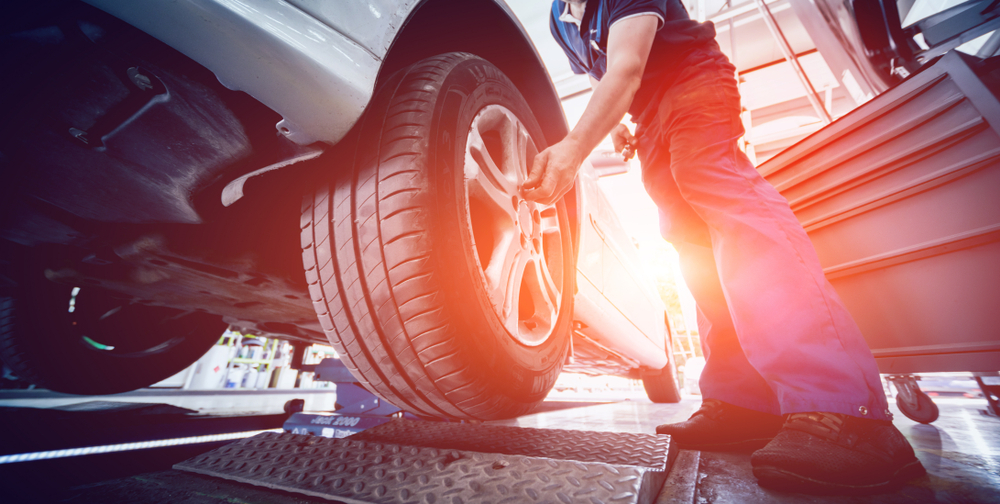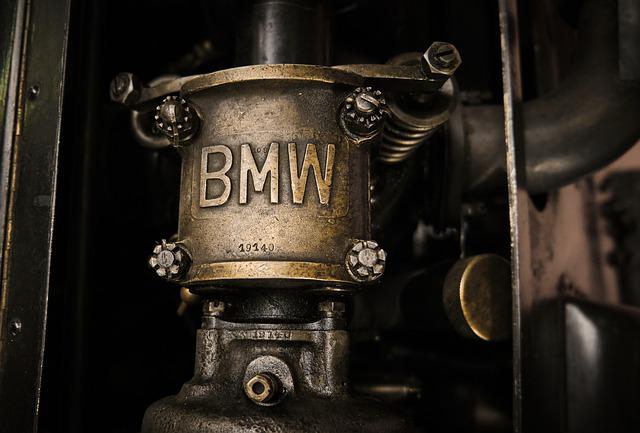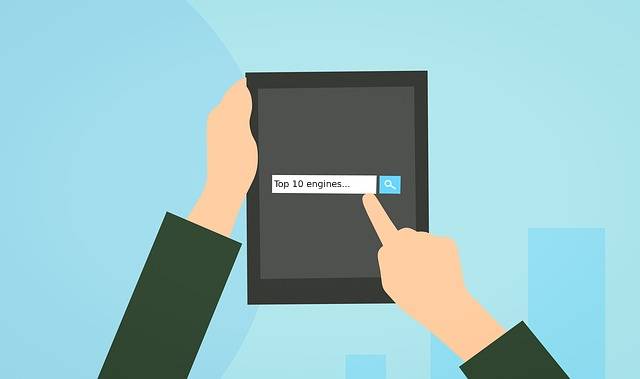How To Ensure The Maintenance Of New Tyres?
Find Used Engines and Transmissions for a Great Price! Live Assistant For Used Engines Call 1800-518-9776

Getting your car equipped with new tyres is not enough; you will have to maintain them so that you can get the maximum efficiency from them while using them. As tyres are the one and only contact point between the car and the ground, they request care. In this blog, we will be discussing how to maintain the new tyres on your vehicle.
Maintenance care for your car
-
Proper wheel alignment: tyre maintenance depends heavily on wheel alignment. Uneven tyre wear from misaligned wheels can necessitate early tyre replacement. Uneven tyre wear patterns, a feeling of pulling while driving, or an erratically positioned steering wheel despite driving straight are all indications of misalignment. It's critical to have the tyre alignment checked and fixed as soon as possible if you detect any of these symptoms.
-
Optimum tyre pressure: The key to maintaining tyres is maintaining the proper tyre pressure. Tyres that are either underinflated or over-inflated can cause a variety of problems, such as reduced fuel efficiency, shortened tyre life, and poor handling. Use a trustworthy tyre pressure gauge to check the tyre pressure at least every month in order to make sure your new tyres stay in top shape. The recommended tyre pressure can be found on the tyre placard, which is often located on the front door frame. As driving may boost tyre pressure, resulting in erroneous readings, be sure that you inspect the pressure before the tyres are cold.
-
Storage: It's crucial to store spare tyres properly, whether one has full-size or tiny spares. Keep them away from direct sunshine, sweltering heat, and wetness in a cold, dry, and dark location. Make sure the spare tyres are properly inflated, and check them frequently for any signs of wear and tear. Spare tyres that are kept in good condition can save your life in an emergency.
-
Regular rotation of tyres: The front and rear tyres frequently wear differently as a result of various loads and steering forces; therefore, tyre wear cannot always be uniform. Rotate your tyres frequently to encourage uniform wear and increase tyre life. The majority of experts advise changing tyres every 6,000 to 8,000 miles, but make sure to always consult your vehicle's manual for more detailed instructions. Depending on whether your car has a front-wheel drive system, rear-wheel drive, or all-wheel-drive system, the proper rotation patterns will differ, so get advice from a qualified mechanic or according to the guidance given in the owner's handbook.
-
Regular check-ups: Regular tyre checks are essential for spotting possible concerns before they develop into major issues. Check the tyre sidewall for any obvious damage, which includes cuts, bulges, punctures, or cracks. To make sure it satisfies the minimal legal standards, measure the tread depth with a tread depth gauge. Check the tyre valves as well for any signs of corrosion or leakage. Early problem detection might help you avoid costly tyre replacements and accidents.
-
Proper tyre balancing: Uneven tyre wear is avoided, and a ride that is comfortable and smooth is guaranteed with balanced tyres. Ask the mechanic to verify and rebalance your tyres whenever you have them rotated, if necessary. Unbalanced tyres can cause vibrations, lower fuel economy, and more stress on the suspension system of your car. The weight of the tyre and wheel assembly must be distributed equally during proper balancing in order for the tyre to perform at its best
Conclusion
In conclusion of this blog, we can say that the right maintenance can ensure the longevity, efficiency, and safety of the people within the vehicle and on the road. But if there are issues that you are unable to understand or comprehend, do not hesitate to contact a professional for advice.
For any query related to used engines and transmissions, you cancontact us at Used Engines, who are motivated to serve you with the best quality products and premium services.
related
You May Also Like

Which BMW Has the Most Horsepower?
A car is useless if it doesn’t have good horsepower. Just imagine driving your car with sluggish acceleration and it drags on the road whenever you take it for a spin.
Read Article
10 Best Engines Made So Far By Top Engine Manufacturers
Over the years, the car industry has seen major changes. Car engines have become smarter and it looks like every new engine that rolls out is better than the other.
Read Article
How to Make Your Car Last Forever?
Isn’t it lovely when a new car works the way you want? The gears shift smoothly and the wheels roll without dragging against the road. But as your car gets older, you’ll notice that it doesn’t drive smoothly, has lower fuel mileage, and overheats easily.
Read Article